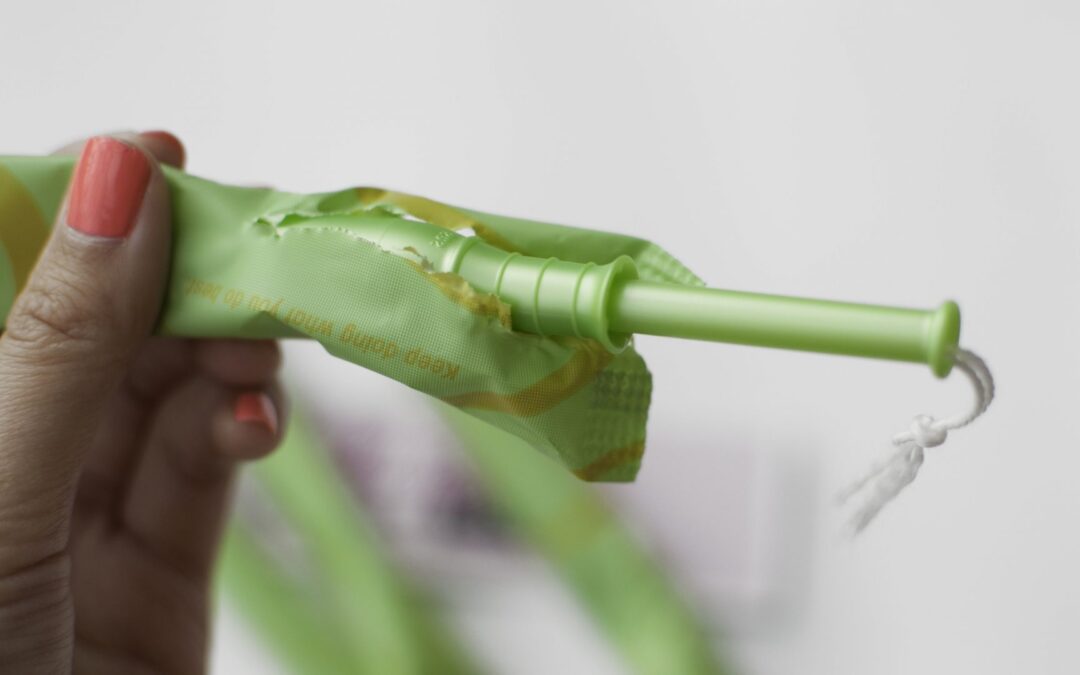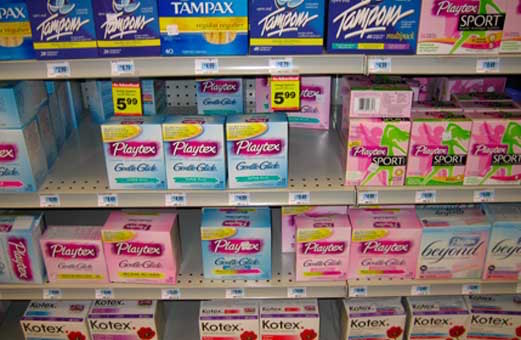Mother nature’s gift, that time of the month, Aunt Flo, the rag, the list goes on.
There are plenty of words in reference to a women’s monthly menstruation. These code names just reveal how uncomfortable it can be for many people to talk about something that happens to women, almost every month for most of their lives. The problem with that is- the countless women who are struggling to gain access to feminine hygiene products. Speaking up against the taboos are two women, Amy Stephenson and Lysne Tait, who Help Women Period.
Who they are
Help Women Period is a non-profit organization supplying tampons and sanitary pads to women who can’t afford feminine hygiene products themselves in Ingham, Eaton and Clinton County. Stephenson and Tait explain in a recent interview on WKAR Current State that they themselves didn’t think to donate feminine hygiene products before knowing how big the need was. However, after reading a Huffington post article that shed light on the often-ignored topic, the two were sparked into action and thus Helping Women Period was born.
“Our mission is to help ensure that ALL women have the products they need, when they need them. We are supplying shelters, food banks, and homeless organizations with feminine hygiene items.” –Help Women Period website
What many may not know is that SNAP benefits (food stamps) do NOT cover the cost of feminine hygiene products because they are considered a luxury item. Although many would argue tampons and sanitary napkins are basic necessities to women during menstruation, the purchasing of these items must be done on many women’s already tight budgets. Even more, tampons are taxed and can cost as much as seven dollars per box, meaning families could end up having to spend up to 50 dollars a month depending on the number of females in their household. For the women who can’t afford the expense, the week of their period can be extremely uncomfortable.
How to help
The organization accepts both donated products and money that allows them to purchase in bulk and prepare bags for discrete delivery to women in need. Cristo Rey agrees low-income women in the community should not feel anxiety about a natural process of their body, and has partnered with the organization as a location to distribute hygiene items. For others looking to help, visit their website or facebook page to learn more.

